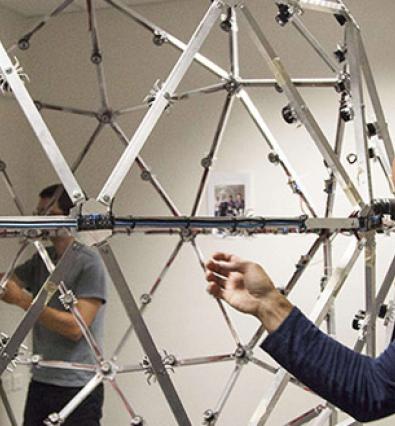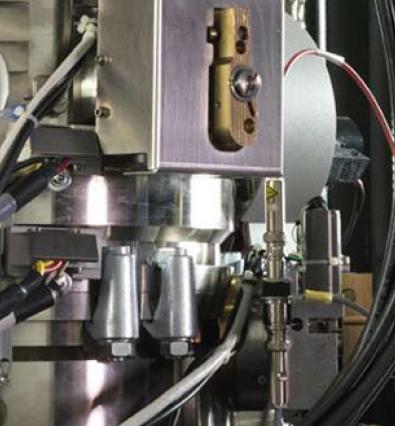
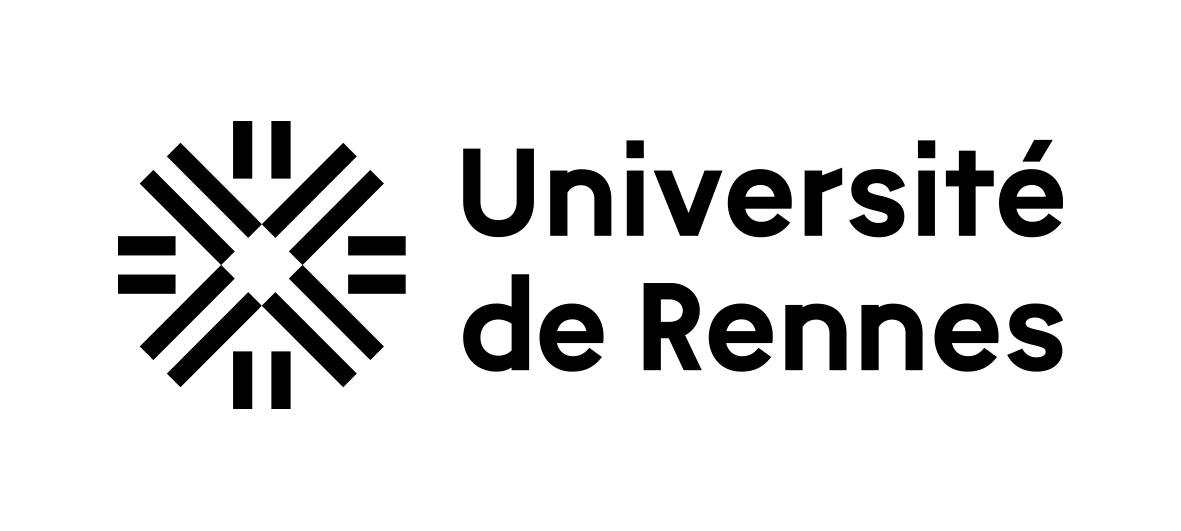
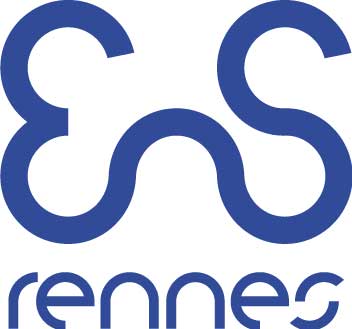



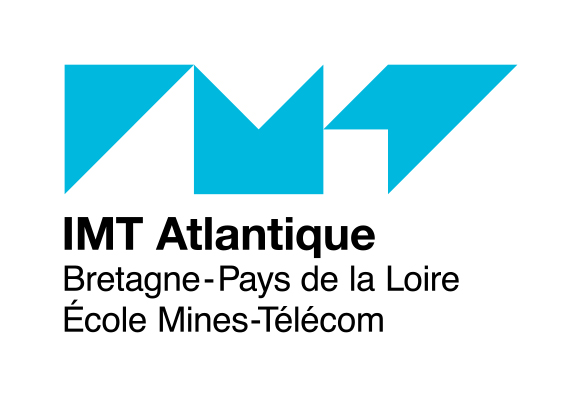
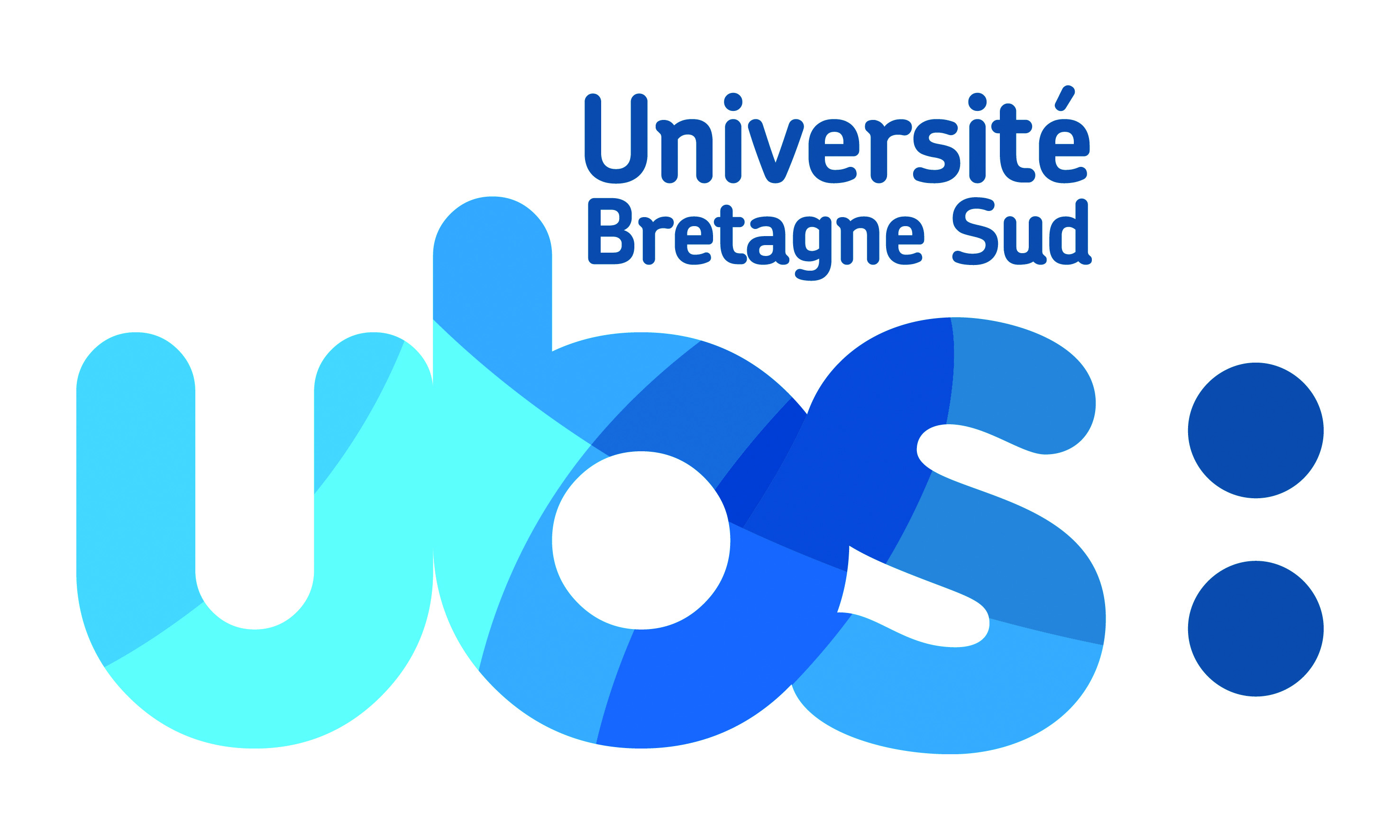
IRISA, Research Institute in Computer Science and Random Systems, is today one of the largest French research laboratories (more than 850 people) in the field of computer science and information technologies.
Structured into seven scientific departments, the laboratory is a research center of excellence with scientific priorities such as bioinformatics, systems security, new software architectures, virtual reality, big data analysis and artificial intelligence.
Located in Rennes, Lannion and Vannes, IRISA is at the heart of a rich regional ecosystem for research and innovation and is positioned as the reference in France with internationally recognized expertise through numerous European contracts and international scientific collaborations.
Focused on the future of computer science and necessarily internationally oriented, IRISA is at the very heart of the digital transition of society and of innovation at the service of cybersecurity, health, environment and ecology, transport, robotics, energy, culture and artificial intelligence.
IRISA is a joint-venture resulting from the collaboration between nine institutions, in alphabetical order: CentraleSupélec, CNRS, ENS Rennes, IMT Atlantique, Inria, INSA Rennes, Inserm, Université Bretagne Sud, Université de Rennes.
From this collaboration is born a force that comes from women and men who give the best of themselves for fundamental and applied research, education, exchanges with other disciplines, transfer of know-how and technology, and scientific mediation.
The Rennes campus of CentraleSupélec houses two of the 40 teams of the laboratory.
PIRAT\’);
In the PIRAT\’); team, we aim to address the whole attack chain to draw a holistic picture of the threat landscape and propose innovative countermeasures that can, for some of them, be quickly transferred to the industry.
This holistic approach asks for gathering in the same team the skills that are important to understand, detect or resist to various attacks. To this aim, programming languages, operating systems, networks, distributed systems, and artificial intelligence count among the required skills. Capitalizing on the multiple skills of the members of the team enables to study all steps of the kill chain. For instance, a malicious code such as ransomware exploiting a system vulnerability should be studied from different perspectives: its code, the generated events leading to its detection at the network and operating system levels, its interaction with regular security tools, its interactions with the attacker infrastructures, its place in the kill chain. The study results would have consequences at the organization level for the targeted company.
RESEARCH THEMES
- Comprehension of attacks: our goal is to collect up-to-date attack data, representative of current malicious activities, and eventually that can be shared with the community and to propose tools and approaches to build representations of complex attack scenarios. These representations should be useful for an expert in charge of analyzing a compromised system, even for large-scale ones.
- Detection of attacks: our goal is to propose distributed and collaborative detection systems, and to propose AI-based detection models, on the one hand with human-in-the-loop and on the other hand self-configurable and self-adaptive.
- Resistance to attacks: our goal is to build automatic cyber-ranges, to strengthen security tools, particularly machine learning-driven threat detection and classification tools, and to provide justified and irrefutable evidence of undesirable behaviours to allow correct parties to ignore these behaviours.
Contact
Head of PIRAT team: Valérie Viet Triem Tong
valerie.viettriemtong@centralesupelec.fr
SUSHI (SecUrity at the Software/Hardware Interface)
Computer systems rely on computing platforms to execute user applications and host their data. These computing platforms are made of different hardware and system software and tend to grow in complexity. This growing complexity of interactions between software and hardware components raises serious privacy and trust issues in today's computer systems. To address these issues, the main research goal of the SUSHI team will be to assess and increase the security level of existing and future computing platforms at the software/hardware interface.
SUSHI is a joint team at Inria located on the Rennes campus of CentraleSupélec.
The members of the SUSHI team organized the SILM thematic semester on the Security of Software/Hardware Interfaces. The goal of this semester was to promote the scientific, teaching, and industrial transfer activities in this research direction. The topics discussed during this seminar and the challenges identified have contributed to the SUSHI team's research project. We are still involved in organizing the SILM Workshop, which is now a regular event co-localized with IEEE Euro S&P.
RESEARCH THEMES
- Vulnerability identification and security by design: microarchitectural attacks, (micro)architectural support for security, OS-level security, compiler support for security, binary analysis, and instrumentation.
- Reactive security at the host level: hardware-assisted intrusion detection and response
- Formal models and proofs for low-level security: formal model and proofs of hardware/software security mechanisms.
Contact
Head of SUSHI team: Guillaume Hiet
guillaume.hiet@centralesupelec.fr
Academic Partners
University of Luxembourg, ENSI Bourges, ENSI Caen, IMT, INSERM, LabSTICC, LAAS, La Sapienza University, LIRIS, Nantes University, National University of Singapore, Technische Universita and Hamburg-Harburg.
Industrial Partners
CISCO, Hackuity, HEWLETT-PACKARD, Malizen, NOKIA, OBERTHUR, ORANGE, THALES
Key Figures 2023 (CentraleSupelec only)
- Faculty members and researchers: 19
- PhD Students: 14
- Publications (Source: Web Of Science): 8
More information
Download IRISA 2023 report HERE



